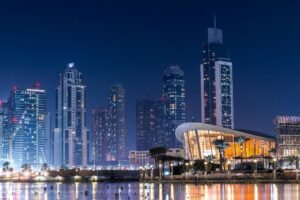Malaysia is a melting pot of cultures, where various ethnic groups coexist harmoniously. This diversity enriches the country’s traditions and festivals, reflecting the unique heritage of its people. From the colorful celebrations of the Chinese New Year to the vibrant festivities of Hari Raya Aidilfitri, Malaysia offers a tapestry of cultural experiences. Here’s a closer look at the rich traditions and festivals that define Malaysian society.
1. Chinese New Year
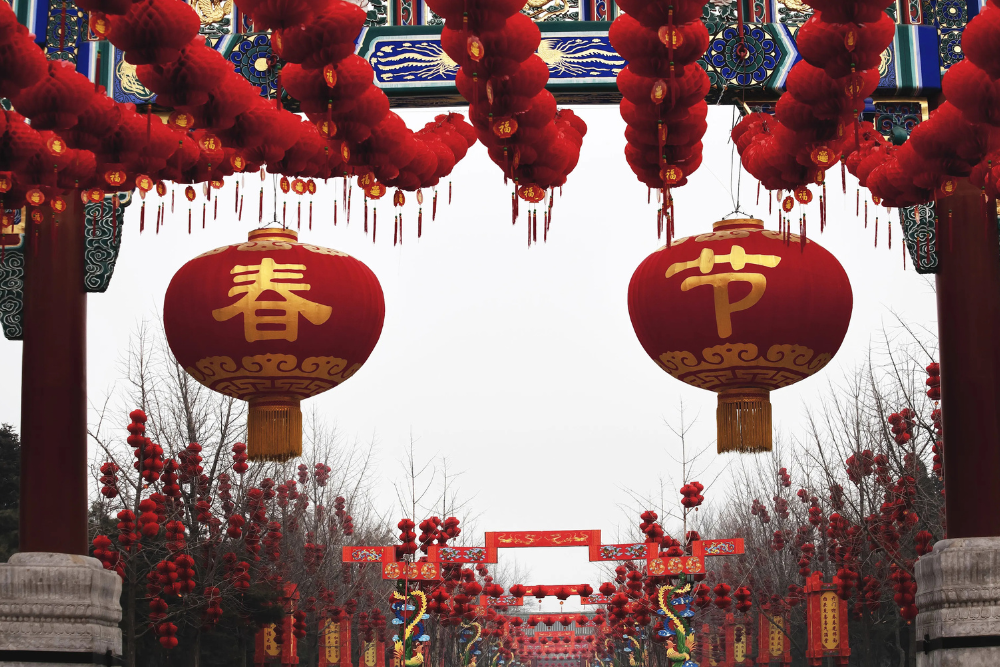
One of the most significant festivals celebrated in Malaysia is Chinese New Year, known as “CNY.” This festival marks the beginning of the lunar new year, typically falling between late January and mid-February. Families come together to honor their ancestors with offerings and prayers. The festive atmosphere fills the air with red decorations symbolizing good luck, while intricate lion dances and fireworks light up the streets.
During this time, locals indulge in traditional delicacies such as dumplings, pineapple tarts, and “yu sheng” (a raw fish salad). The reunion dinner on New Year’s Eve is a cherished tradition where families gather to share a lavish meal, reinforcing bonds among loved ones.
2. Hari Raya Aidilfitri
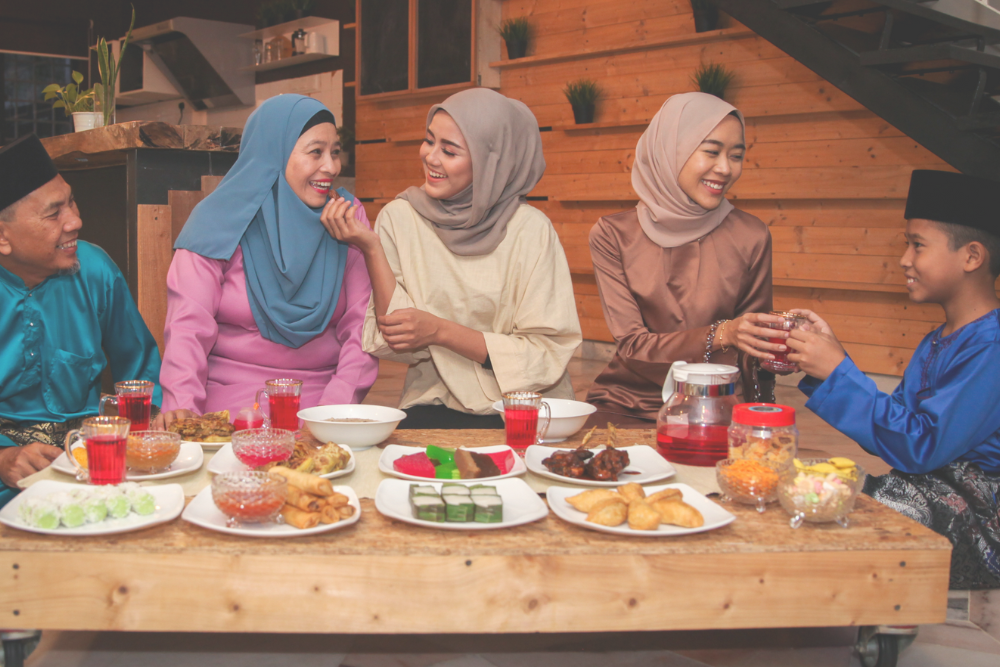
After a month of fasting during Ramadan, Malaysian Muslims celebrate Hari Raya Aidilfitri, also known as Eid al-Fitr. This joyous festival signifies gratitude for spiritual growth and blessings received during Ramadan. Families dress in their finest clothes, often in matching outfits, to visit relatives and friends.
The celebration begins with prayers at mosques, followed by festive feasts featuring traditional dishes like rendang (spicy meat dish), ketupat (rice cakes), and various sweet treats. The act of giving “duit raya” (monetary gifts) to children symbolizes generosity and goodwill.
3. Deepavali
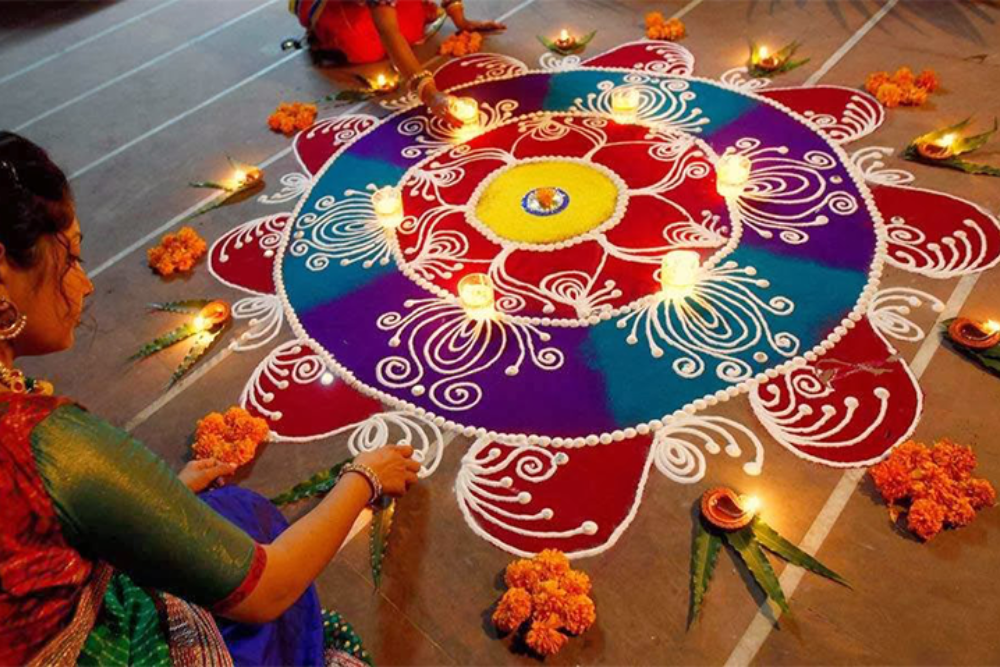
Deepavali, or the Festival of Lights, is celebrated by the Hindu community in Malaysia. This festival usually falls in October or November and symbolizes the victory of light over darkness and good over evil. Homes are adorned with colorful rangoli designs made from rice flour or colored powders, while oil lamps (diyas) illuminate the surroundings.
Families perform prayers to deities like Lord Ganesha and Goddess Lakshmi for blessings of prosperity and happiness. Traditional sweets such as murukku (crispy snacks) and laddu (sweet balls) are prepared for sharing with loved ones.
4. Gawai Dayak
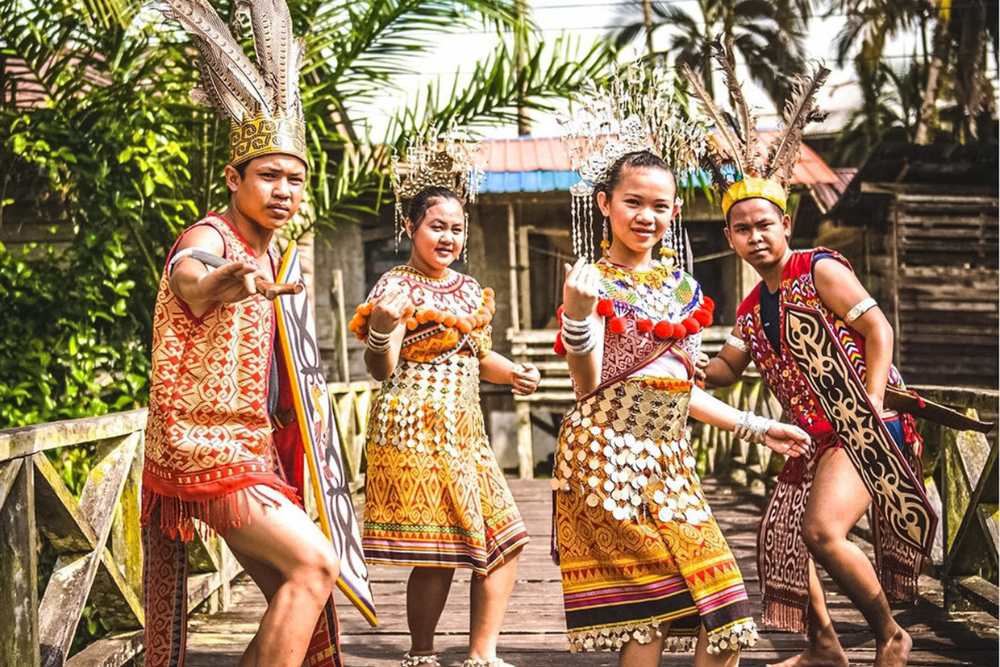
In Sarawak, the indigenous Dayak community celebrates Gawai Dayak, a harvest festival held on June 1st each year. This vibrant festival marks gratitude for bountiful harvests and showcases rich cultural heritage through traditional music, dance, and rituals.
The celebrations include communal feasts featuring local delicacies like tuak (rice wine) and various dishes made from freshly harvested crops. Gawai Dayak serves as a time for family reunions and cultural performances that highlight traditional costumes, storytelling, and dance.
5. Thaipusam
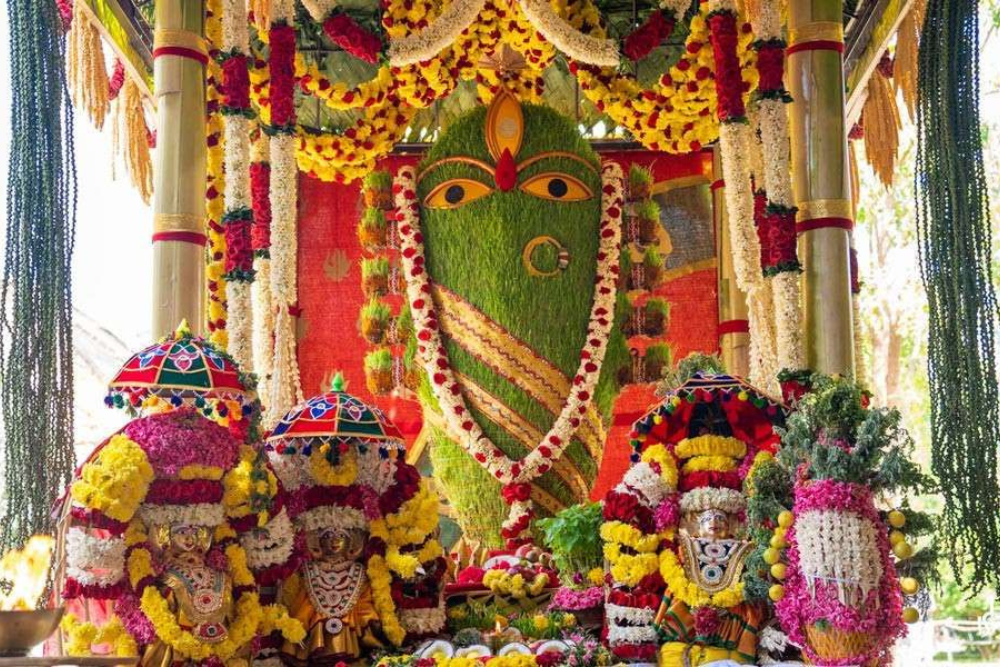
Thaipusam is a significant Hindu festival celebrated primarily by the Tamil community in Malaysia. It usually occurs in January or February when devotees honor Lord Murugan. The festival attracts thousands to Batu Caves near Kuala Lumpur, where elaborate processions take place.
Devotees often engage in acts of penance by carrying kavadis (ornate structures) on their shoulders or piercing their bodies with hooks or skewers as offerings to Lord Murugan. The atmosphere buzzes with devotion as participants chant prayers while walking barefoot up steep steps to reach the temple.
6. Pongal
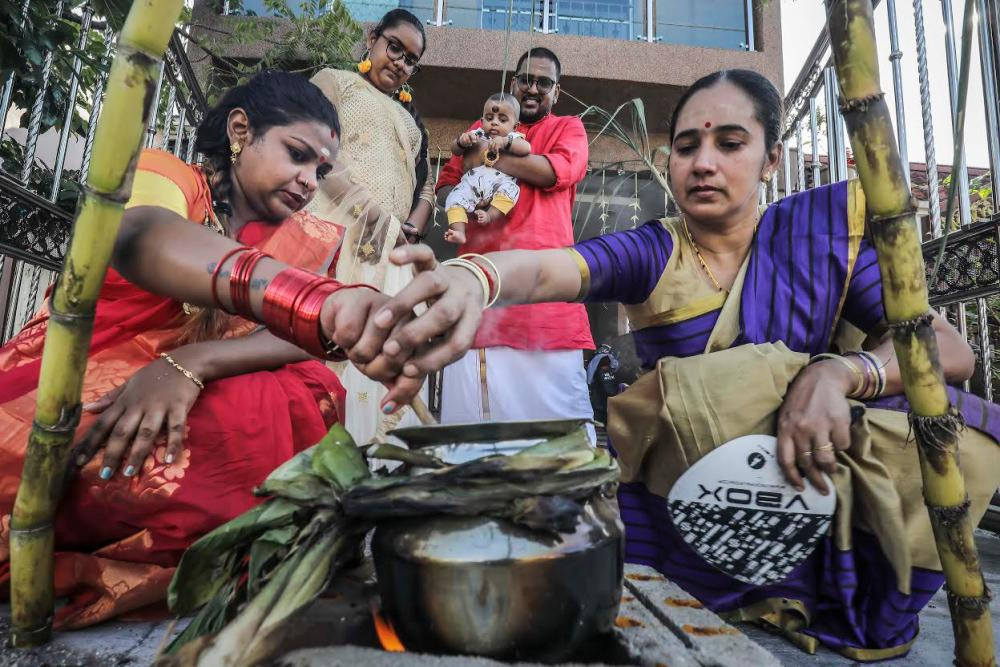
Though primarily celebrated in Tamil Nadu, Pongal has found its place among Malaysian Tamils as well. This harvest festival takes place around mid-January and lasts four days. Families prepare sweet rice dishes called “Pongal,” cooked outdoors in clay pots under the sun.
The festival emphasizes gratitude for agricultural abundance. Homes are decorated with kolams (floral patterns) at entrances to welcome guests and deities alike.
7. Cultural Fusion Festivals
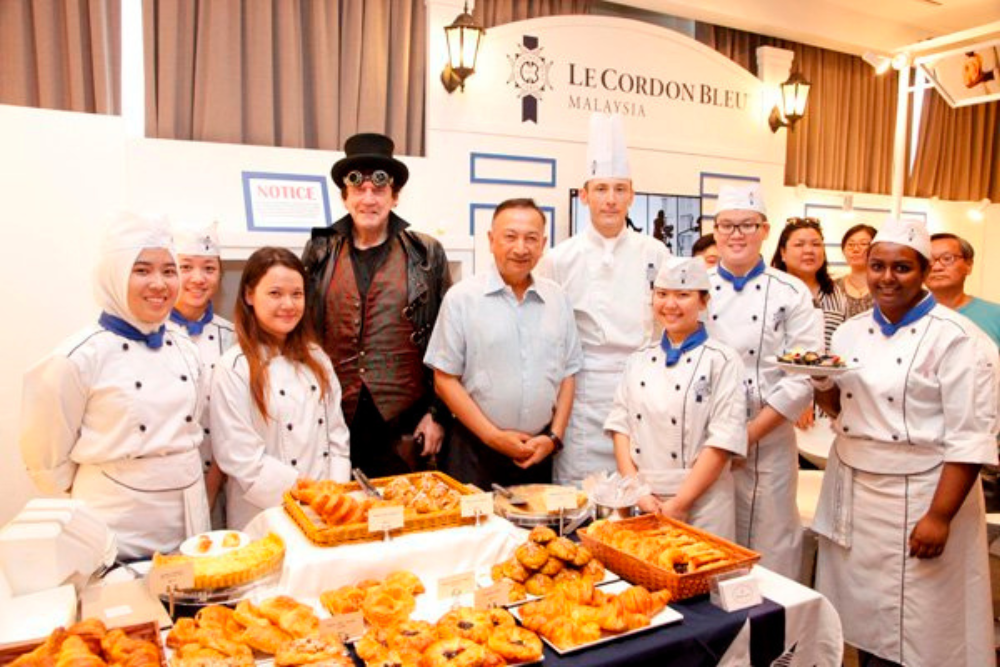
Malaysia is home to numerous cultural fusion festivals that showcase its diversity. The Malaysia International Gourmet Festival celebrates culinary traditions from various cultures through food fairs and events throughout September.
Similarly, events like Kuala Lumpur Arts Festival highlight local art forms through performances that blend traditional music, dance, theater, and visual arts from different communities.
Conclusion
The rich traditions and festivals of Malaysian people reflect a harmonious blend of cultures that celebrate life’s joys while honoring heritage. Each festival offers a unique glimpse into Malaysia’s diverse society—where every celebration becomes a tapestry woven from shared values, vibrant customs, and delicious culinary delights.










